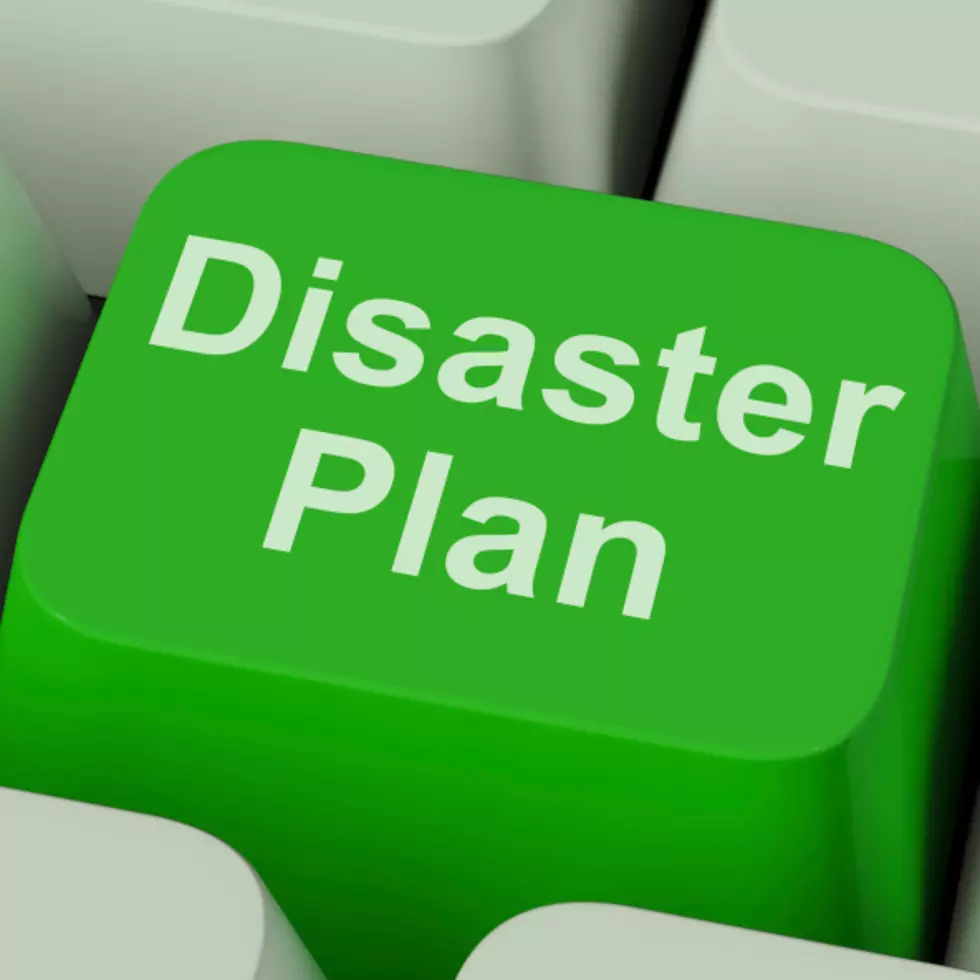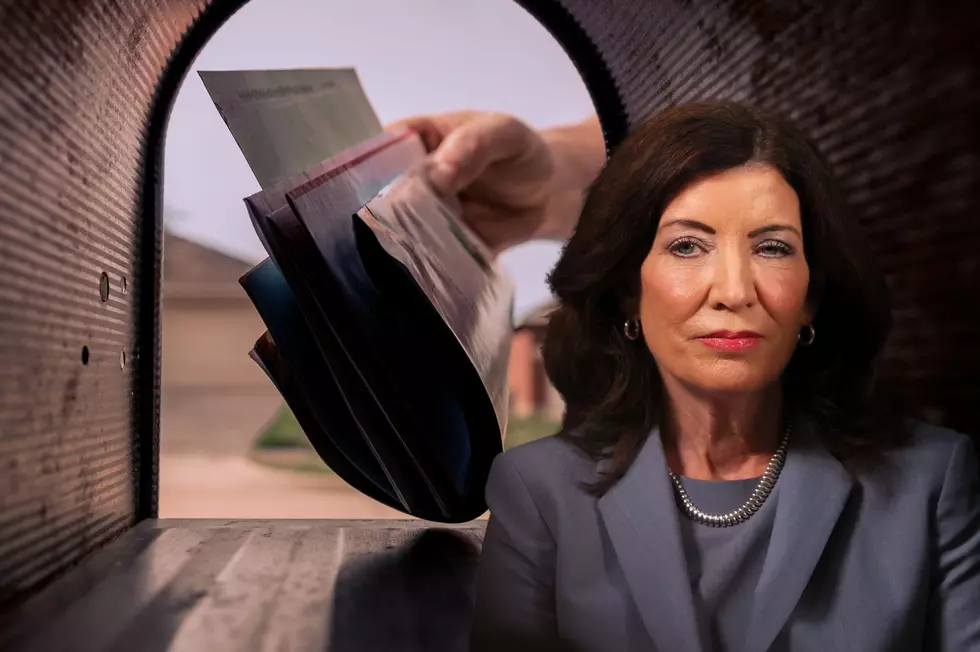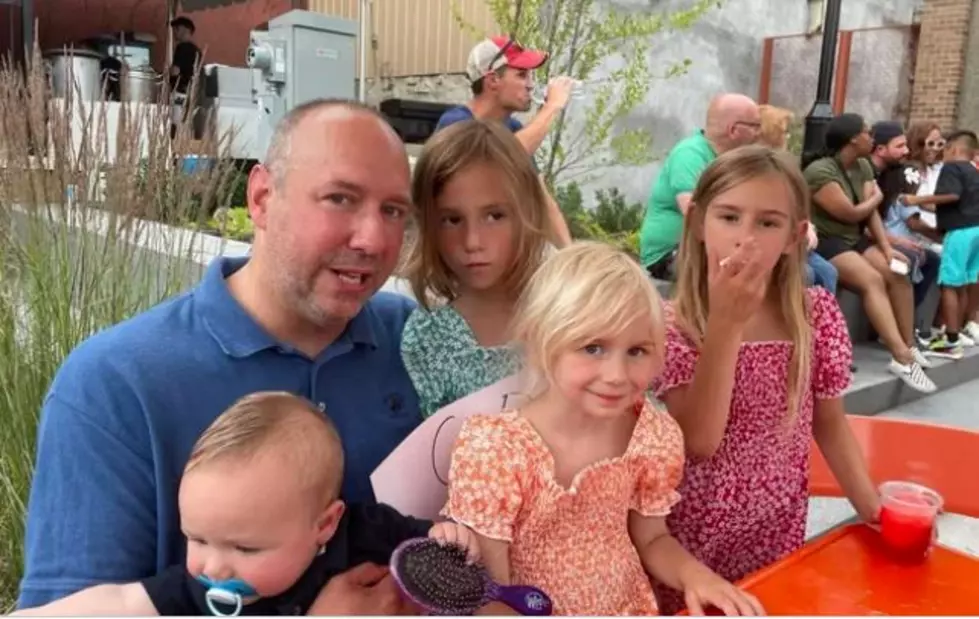
When Natural Disaster Strikes: Is Your Family Prepared?
September is Disaster Preparedness Month. Does your family have a plan in case you are separated during a disaster? If anyone knows how quickly things can escalate to a terrifying level, it’s the people of the Greater Binghamton Area. With the floods that have devastated our area in recent years, I hope that you have a disaster plan, but in case you don’t, there are some steps you and your family should take.
According to the National Center for Missing and Exploited Children, there are some very important things to do to prepare for the chance you and your kids might be separated during a disaster.
Know your child’s school and daycare emergency evacuation and reunification plans. Some schools and daycares have emergency plans for a variety of scenarios, but recent studies show many don't. If your child’s school or daycare doesn't have a reunification plan, encourage them to reach out to their school district or local emergency management agency to discuss developing one. This is something you shouldn't be shy about- we're talking about YOUR child.
Develop and regularly practice emergency plans at home with your children and pets in case your family is separated. Designate an out-of-state relative or close friend to become “communications central” for the family. Because local phone lines may be down or circuits busy in the immediate aftermath of a disaster, someone out-of-state will be the best person to receive calls. Displaced family members with access to a phone could call the out-of-state contact to share and receive messages from other family members.
Designate a location where your family can gather in the event of separation. This can be a playground, park, or a local landmark that’s easy for children to get to if they need to on their own.
Create a Child ID Kit for each of your kids. This kit should include a recent color photograph of the child’s face, descriptive information, fingerprints, medical and dental records or bite impressions, and a DNA sample. This sample can be taken from any number of your child’s grooming items such as a hairbrush or toothbrush.
Make copies of any legal paperwork if you are your child’s court designated primary caregiver in a custodial separation or divorce. Share them with any relatives or close friends in other states, or carry the paperwork with you in an emergency kit.
More From 98.1 The Hawk









